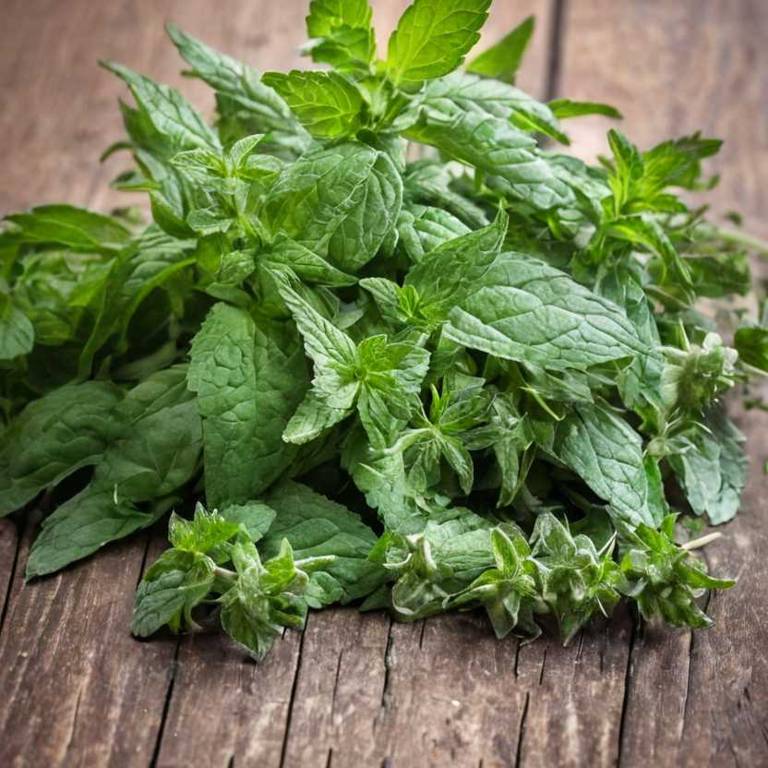Mentha Pulegium: What To Know Before Using It For Medicinal Purposes

Mentha pulegium, commonly known as pennyroyal, is a medicinal plant widely used for its aromatic and therapeutic properties.
It contains essential oils, particularly pulegone, which is responsible for its strong scent and various pharmacological effects. Traditionally, pennyroyal has been employed to treat digestive issues, parasitic infestations, and respiratory conditions due to its antispasmodic and antiparasitic properties. However, it is important to note that the plant can be toxic in high doses, especially to humans and pets, requiring careful use under professional guidance.
Despite its potential benefits, its medicinal applications are often limited due to safety concerns and regulatory restrictions.
Health Benefits
Mentha pulegium has several health benefits, such as its ability to aid in digestion by stimulating the production of digestive enzymes.
It is also known to have antimicrobial properties that can help in fighting off bacterial and fungal infections. The plant contains compounds that may help reduce inflammation, making it useful for alleviating symptoms of respiratory and skin conditions. Additionally, Mentha pulegium is often used in aromatherapy to relieve stress and improve mental clarity.
Its mild analgesic effects can also provide relief from headaches and muscle pain.
10 Best Health Beneift of Mentha pulegium
Bioactive Constituents
Mentha pulegium has several bioactive constituents, such as menthol, pulegone, and limonene, which contribute to its medicinal properties.
These compounds exhibit antimicrobial, antifungal, and antiparasitic activities, making the plant useful in treating various infections. Menthol, in particular, is known for its soothing effect on the respiratory system and is commonly used in cough remedies. Pulegone has demonstrated potential in reducing inflammation and may aid in managing conditions like asthma and bronchitis.
Overall, the combination of these bioactive constituents makes Mentha pulegium a valuable resource in traditional and modern medicine.
Medicinal Preparations
Mentha pulegium has several medicinal preparations, such as teas, tinctures, and essential oils, which are widely used for their therapeutic properties.
A common preparation is a mint tea made by steeping dried leaves in hot water, which can aid in digestion and relieve mild nausea. Tinctures of Mentha pulegium are often used to treat respiratory conditions like coughs and bronchitis due to their expectorant and antispasmodic effects. The essential oil extracted from the plant is also utilized in aromatherapy to help alleviate stress and improve mental clarity.
These preparations highlight the plant's versatility and long-standing role in traditional and modern herbal medicine.
Side Effects
Mentha pulegium can have some side effects, such as gastrointestinal discomfort, including nausea and vomiting, particularly when consumed in large amounts.
It may also cause allergic reactions in individuals sensitive to mint family plants, leading to skin rashes or respiratory symptoms. Prolonged use of Mentha pulegium might interfere with certain medications due to its potential impact on liver enzymes. In high concentrations, it could lead to irritation of the mucous membranes, causing throat or stomach pain.
Additionally, there is limited research on its long-term safety, so caution is advised, especially for pregnant or nursing women.